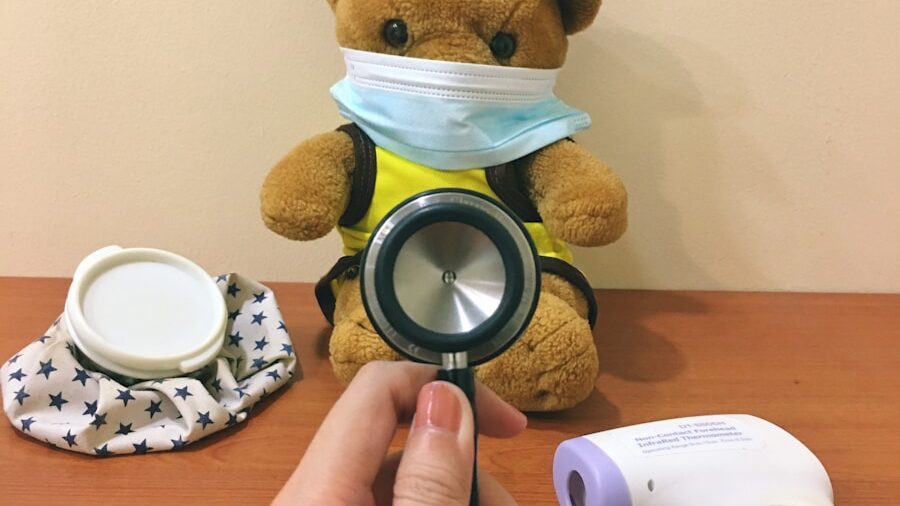Are your child’s vaccines up to date?
- Check your child’s red book or speak to your GP practice to see if they have missed any.
- If your child is due (or overdue) for their immunisations, make an appointment with us.
- It is important to bring your child to these appointments so that your child remains protected.

Did you know that one of the best ways to protect your child is to make sure they have all of their vaccinations?
Childhood illnesses like measles and whooping cough are on the rise. These illnesses can make children very sick, and may lead to hospital stays or lifelong problems.
One of the most important things that a parent can do for their child is to make sure that they have all their routine childhood vaccinations. It’s the most effective way of keeping them protected against infectious diseases.
If your child is not vaccinated, they are not protected. Research from around the world suggests that immunisation is the safest way to protect your child’s health.
For the best protection, it’s important that your child’s immunisations are given on time to protect them as early as possible and minimise the risk of infection. You can still catch up on most missed vaccines.
All childhood vaccinations are free. As children grow up, they will be offered more vaccine appointments, right up until they are teenagers. Some vaccines are offered at school.
Vaccinations offered by the NHS are thoroughly tested to assess how safe and effective they are. All medicines can cause side effects, but vaccines are among the very safest.
For more information about childhood vaccinations, contact your GP practice, or visit the NHS website.
Vaccine Schedule
2 months (8 weeks)
- “6-in-1” vaccine (1st dose) – Diphtheria, tetanus, pertussis (whooping cough), polio, hepatitis B and Haemophilus influenzae type b (Hib, a bacterial infection that can cause severe pneumonia or meningitis in young children)
- Rotavirus (1st dose)
- Meningitis B (1st dose)
3 months (12 weeks)
- “6-in-1” vaccine (2nd dose) – Diphtheria, tetanus, pertussis (whooping cough), polio, hepatitis B and Haemophilus influenzae type b (Hib, a bacterial infection that can cause severe pneumonia or meningitis in young children)
- Pneumococcal infection (1st dose)
- Rotavirus (2nd dose)
4 months (16 weeks)
- “6-in-1” vaccine (3rd dose) – Diphtheria, tetanus, pertussis (whooping cough), polio, hepatitis B and Haemophilus influenzae type b (Hib, a bacterial infection that can cause severe pneumonia or meningitis in young children)
- Meningitis B (2nd dose)
1 year
- Hib / Meningitis C (1st dose)
- MMR vaccine (1st dose)
- Pneumococcal infection (2nd dose)
- Meningitis B (3rd dose)
2+ years
- Nasal flu vaccine (yearly)
3 years and 4 months
- MMR vaccine (2nd dose)
- 4-in-1 “pre-school booster” vaccine – Diphtheria, tetanus, pertussis (whooping cough) and polio
